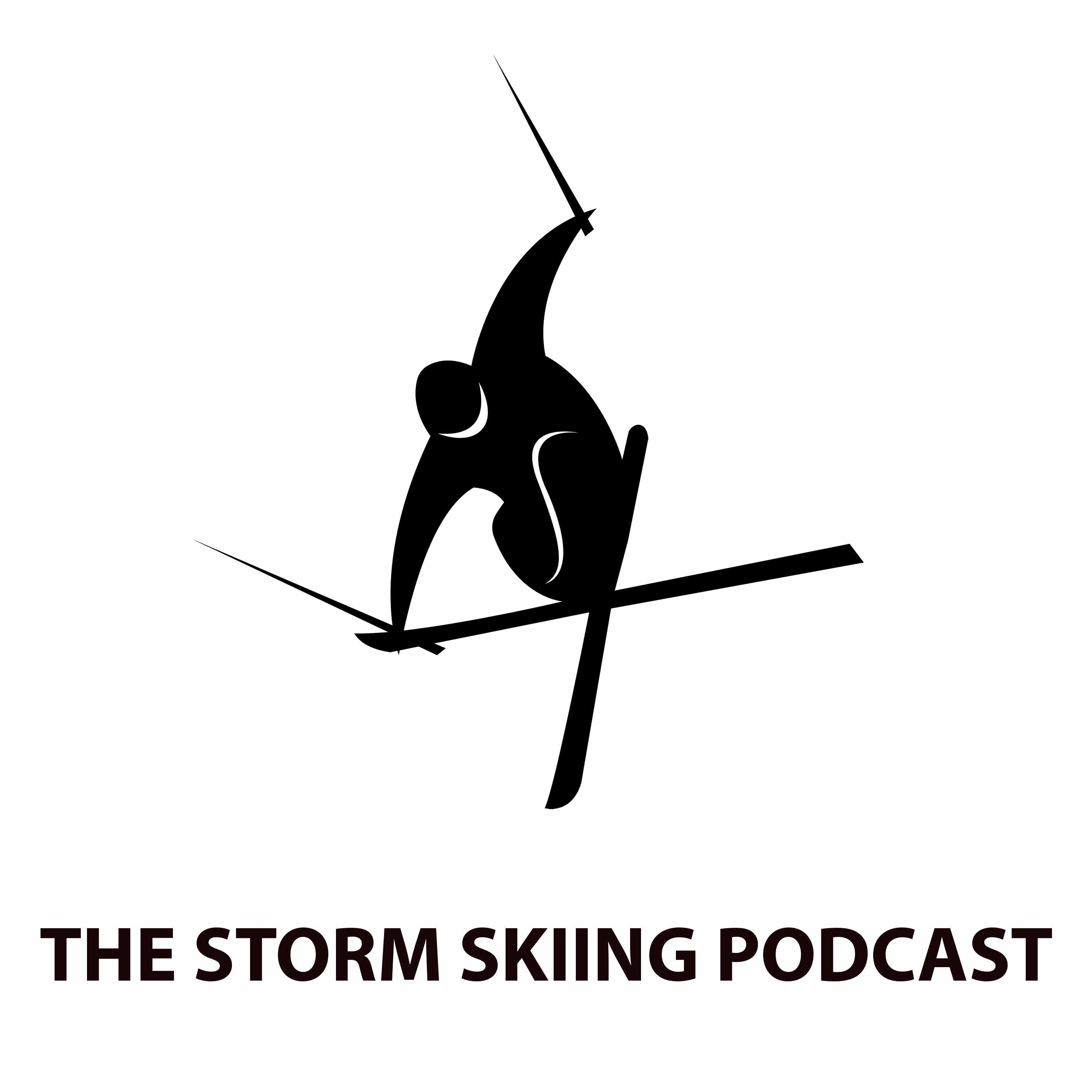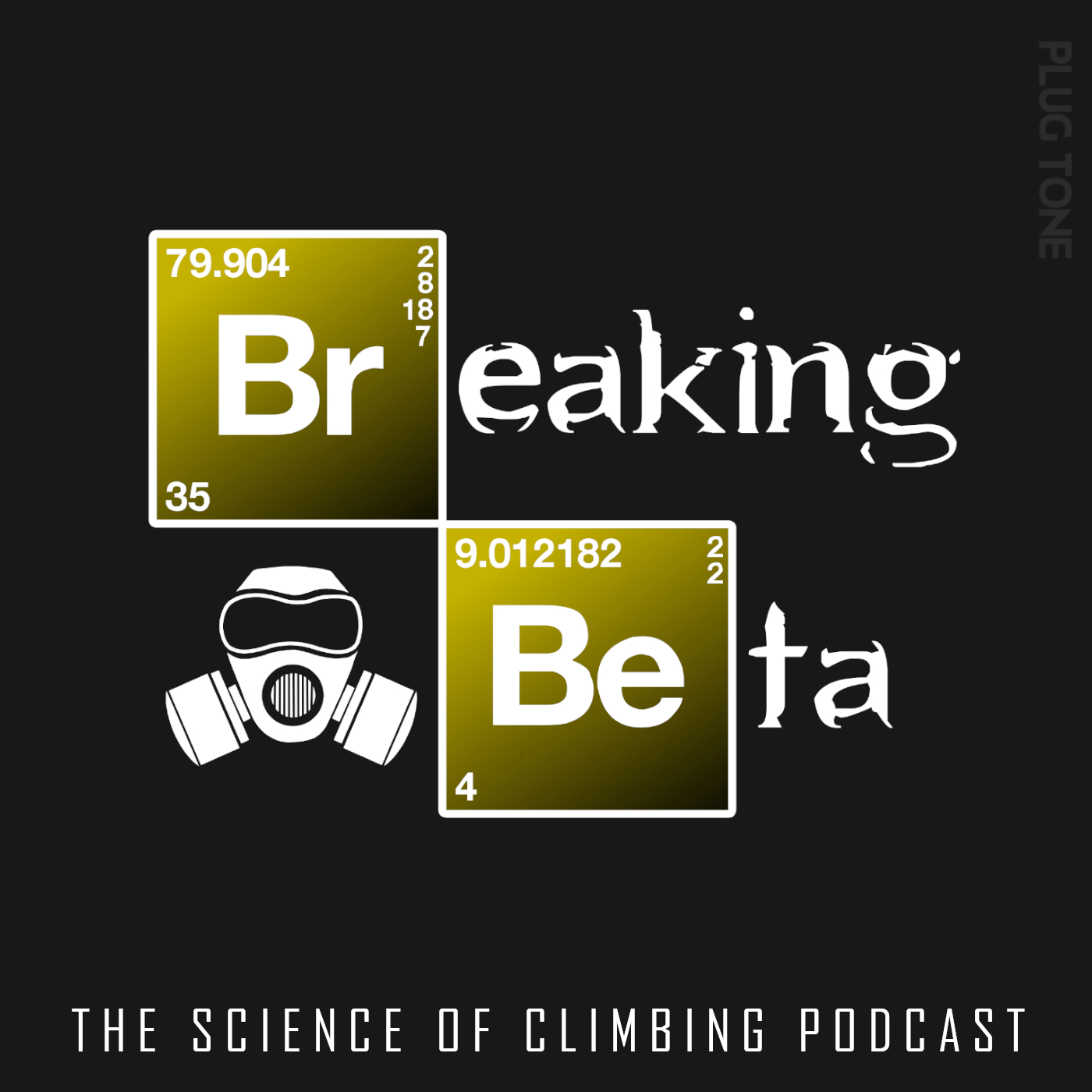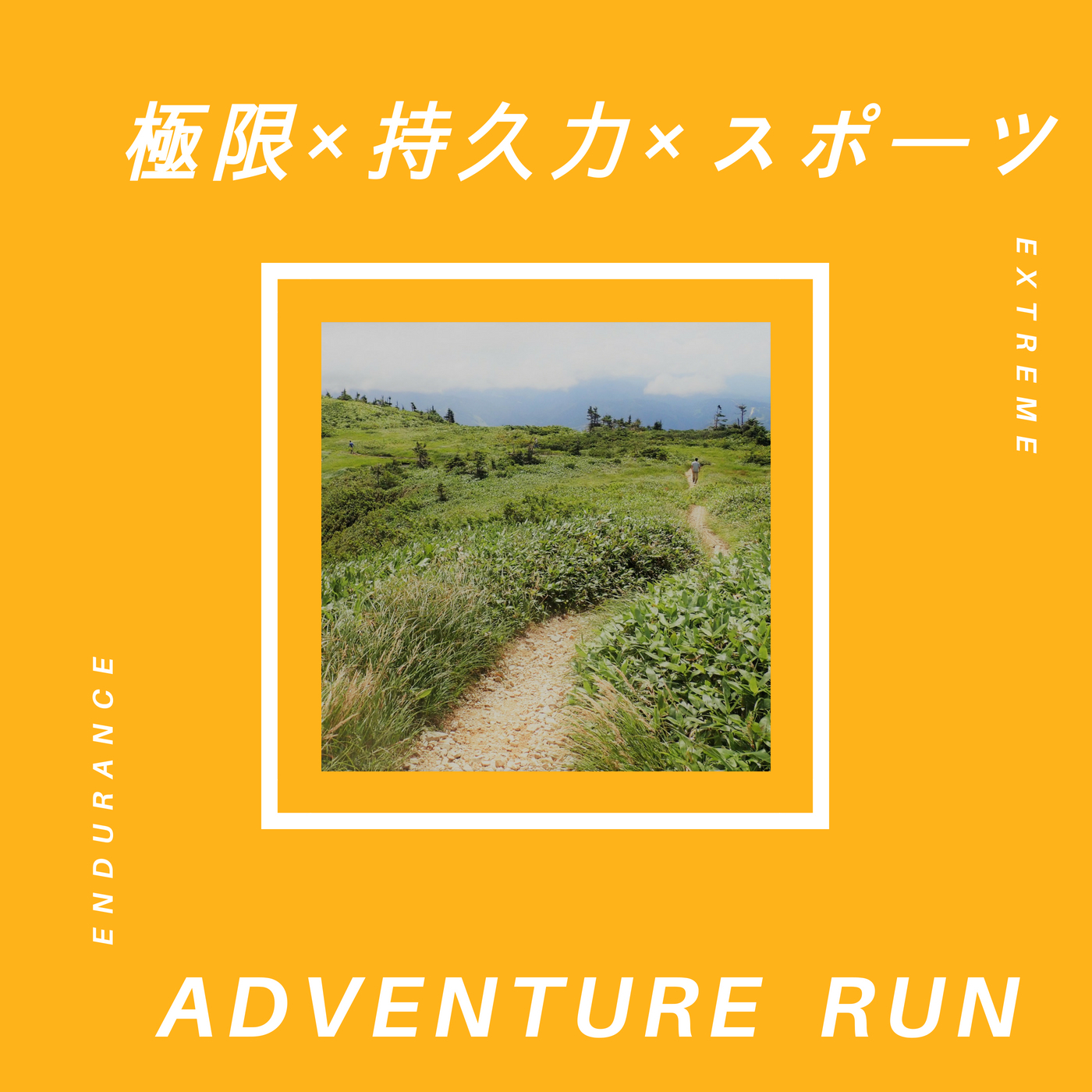 |
The Storm Skiing Journal and PodcastEveryones searching for skiings soul. Im trying to find its brains. Author: Stuart Winchester
Everyones searching for skiings soul. Im trying to find its brains. www.stormskiing.com Language: en Genres: Leisure, Sports, Wilderness Contact email: Get it Feed URL: Get it iTunes ID: Get it |
Listen Now...
Podcast #223: Worcester Telegram & Gazette Snowsports Columnist Shaun Sutner
Saturday, 7 February, 2026
WhoShaun Sutner, snowsports columnist for the Worcester Telegram & Gazette and Telegram.comRecorded onNovember 24, 2025Why I interviewed himHey Man, we do this every year:What we talked aboutThe psychology of injury recovery; the power of being there; the “gladiatorial atmosphere” of ski racing; the East’s strong winter; a Canadian facepalm; the Black Mountain, New Hampshire co-op; Hermon Mountain, Maine for sale; how to make a crappy old ski area into a modern-seeming ski area without big infrastructure upgrades; is every ski area closing a tragedy?; Lost Valley, Maine; lost Berkshires ski areas that make great backcountry ski spots; new owners at Ragged, New Hampshire; Magic Mountain, Vermont and the four-year lift installation; would Vail Resorts purchase Smugglers’ Notch, Vermont?; assessing Killington’s independent owners one year in; the Super Star six-pack upgrade at Killington; is it worth buying a new lift if it doesn’t improve capacity?; why Loveland, Colorado’s only detachable lift is also one of its shortest; expectations and potential from Berkshire East buying Burke, Vermont; is the demise of the good ol’ boy overstated?; Wachusett’s new six-pack; locals hate everything; priorities for New England lift upgrades; will Cannon ever replace its decommissioned tram (and should it be with a gondola)?; should New Hampshire lease out Cannon?; Whaleback’s chairlift woes; thoughts on the Boston Ski Show moving to Connecticut; and BOA boot buckles.What I got wrongMost of these aren’t “wrong,” so much as outdated:* We recorded this as Sutner was still recovering from an injury, and he said he wouldn’t be able to get back to skiing until, um, February. Which is now I guess.* We talked about the “budding winter,” which started strong in November, but has kept banging away to be one of the best ski seasons in recent New England history.* We discuss since-resolved drama at Black Mountain around a withheld liquor license for the mid-mountain champagne shack.* Sutner didn’t get this wrong – he was prescient, however, in saying Pacific Group Resorts would do something “big” after selling Ragged – the company purchased Silver Star, British Columbia shortly after we spoke:Then there were these:* I didn’t really understand the point of Hermon Mountain, but between recording and releasing this episode, I was able to visit it. Stand by for that write-up, which helped me understand it as a teen holding pen for Bangor Maine.* I said that Pacific Group Resorts “may have” purchased Powderhorn after its Flat Top Flyer high-speed quad installation – that is the case; the lift arrived in 2015, and PGR bought the ski area in 2018.* Sure enough, Burke joined the Berkshire Summit Pass - a season pass for sister resorts Berkshire East and Catamount, as well as Bousquet. Here are the details:I said the Mohegan Sun Arena held 6,000 to 8,000 people – it’s about 8,000 for basketball games, which is what I was referring to.Podcast NotesOn the closing of Four Seasons ski area in New YorkOn the new owners at Ragged and KillingtonOn Geoff Hatheway at Magic Mountain, VermontMy pods with Geoff are both a bit dated, but you can keep up with Magic by subscribing to Hatheway’s Alpine Update emails, which is one of the most transparently honest ski area newsletters in America.On Wachusett’s Clueless Construction UpdatesWell done, Stimpson:On other pods mentionedThe Storm explores the world of lift-served skiing year-round. Join us. Get full access to The Storm Skiing Journal and Podcast at www.stormskiing.com/subscribe











